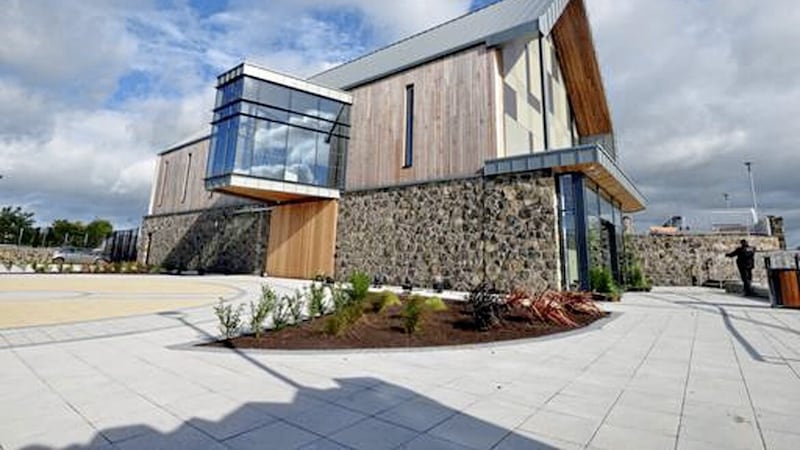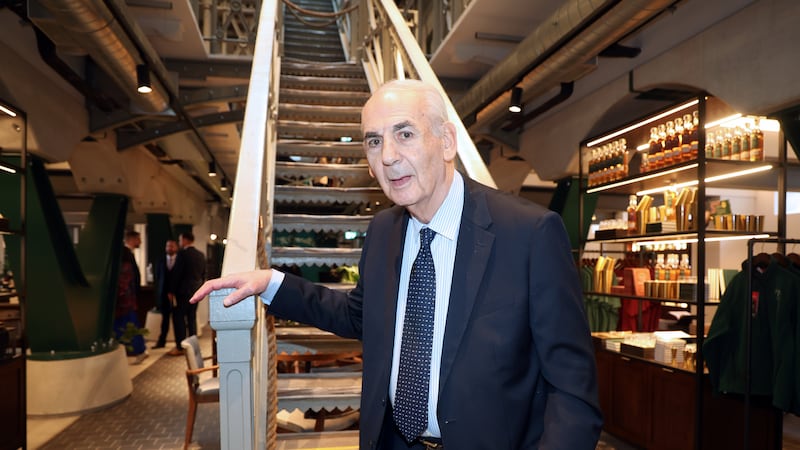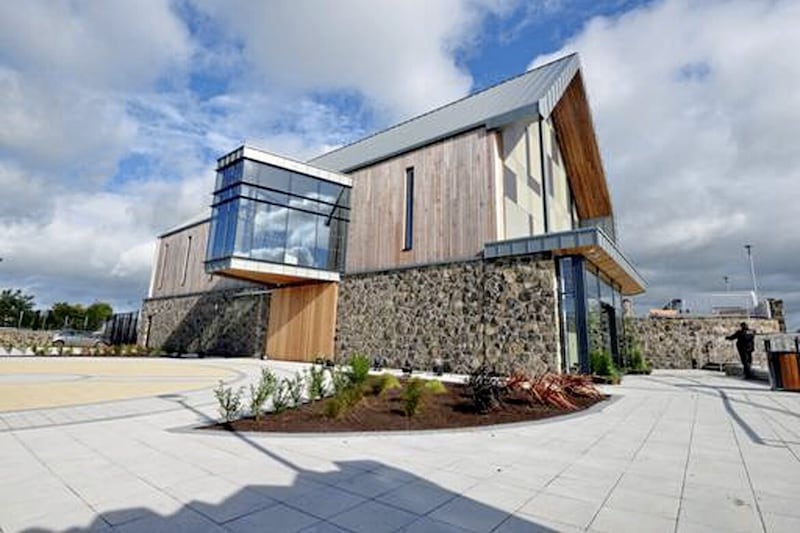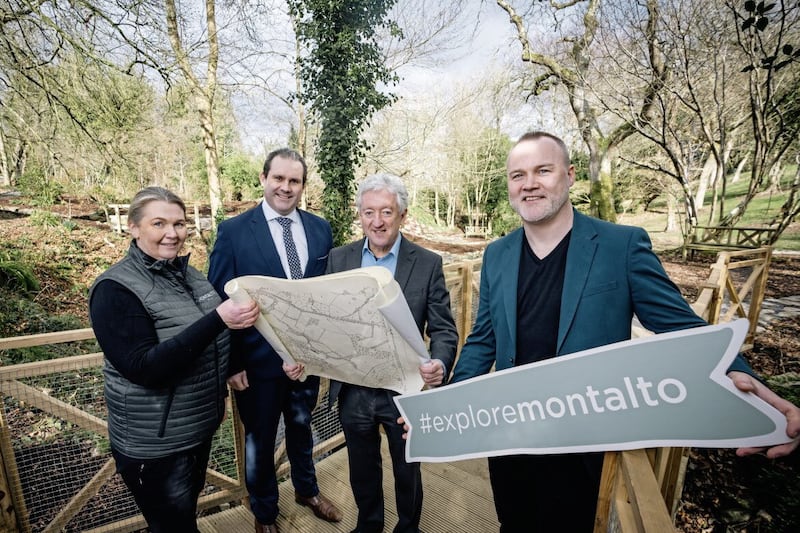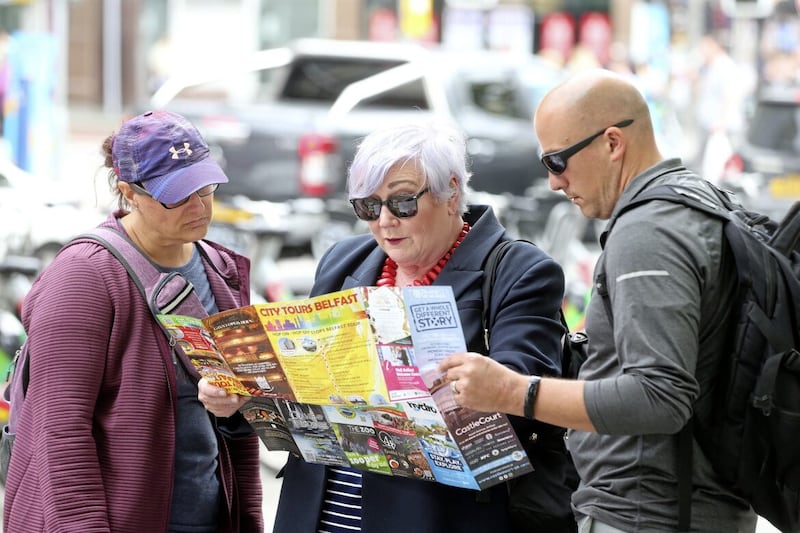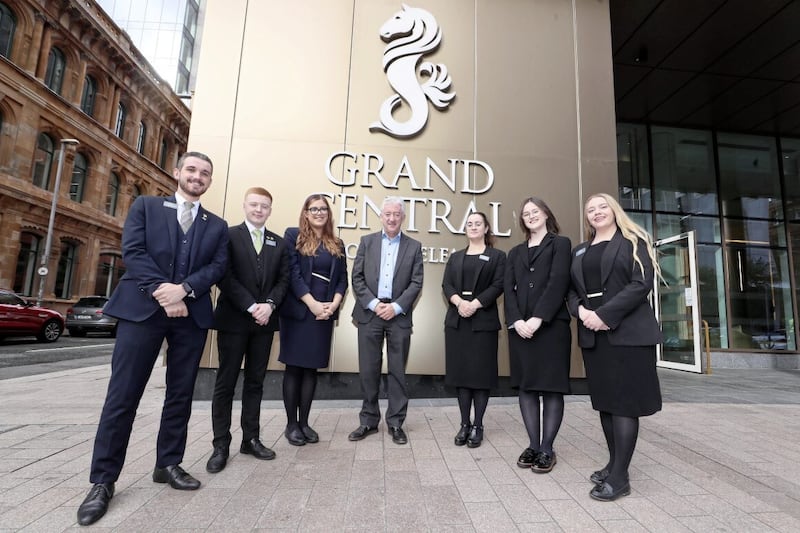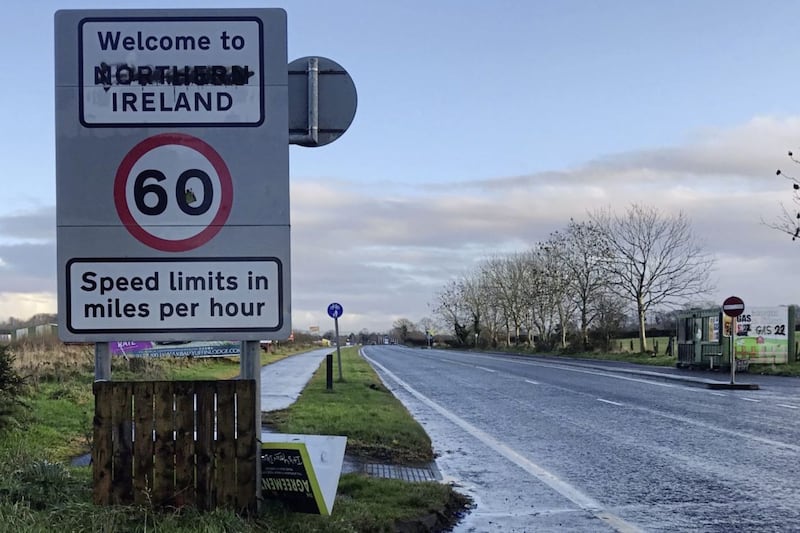EACH year Easter ushers in the return of the tourism season. The first of the annual holidays, the first tour buses begin to arrive and the first cruise ship of the year makes its way up Belfast Lough.
And this year we had two exceptional visitors over the Easter period in the form of two US Presidents joining us to celebrate and reflect upon the Good Friday Agreement, 25 years on.
Joe Biden was at the new Ulster University campus to make an address as part of his four day trip to the island of Ireland, with Bill Clinton joining the other surviving architects of the Agreement at Queen’s University for their exceptional GFA25 Conference.
Thanks to the efforts of our universities we have seen thousands of hotel bedrooms taken up by hundreds of US administration staff, Secret Service agents, participants in the conference and over 200 journalists from every corner of the globe.
Whilst much of that international media commentary has reflected on our current political difficulties and the absence of a functioning Assembly and Executive, their overwhelming conclusion was that the Good Friday Agreement has been an enormous success in transforming the fortunes of Northern Ireland and the lives of those of us who live here.
Many of those journalists have used the growth of the tourism sector here as a barometer of the change which has taken place.
The Financial Times described Northern Ireland as having transformed from the “Troubles to a Tourism Hotspot”, while The Economist reported that “there is much to celebrate” and you can “taste the traces of the accord, the Michelin guide recommends 18 restaurant in Belfast City Centre”.
It also references Titanic Belfast attracting seven million visitors over the past decade and how inconceivable that would have been 25 years ago.
No sector of our economy is a beacon of the transformation which has taken place here since the Good Friday Agreement quite like our tourism sector.
Crumlin Road Gaol, which once housed prisoners of the Troubles, is now a major tourism attraction and every month thousands of tourists visit our city neighbourhoods in Black Taxi Tours.
In Derry, the city’s walls, once infamous for contentious marches, are now thronged with visitors on guided tours. The former Ebrington military site now houses a soon to open four-star hotel, the Walled City Brewery and there are plans for a new Derry DNA Museum, all linked to the city centre by the Peace Bridge.
In Bellaghy, a former fortified police station now houses the magnificent Seamus Heaney Homeplace visitor attraction and the landscape of South Armagh, once synonymous with fortified military posts and chilling warnings of a “sniper at work” is now the home to Killeavy Castle, a four-star hotel, and thousands of visitors to the magnificent Slieve Gullion Forest Park.
Twenty five years ago the tourism industry employed 45,000 people. Today, over 65,000 are employed within the sector, an additional 20,000 jobs right across Northern Ireland. That is the legacy of the Good Friday Agreement.
Back to our two universities. We now have a thriving conference sector and international conference centre here in Northern Ireland attracting thousands of visitors spending almost £40 million a year in our hotels and hospitality venues. Some 85 per cent of that business comes here specifically because of the efforts of the fantastic academics within Queen’s and Ulster Universities.
We should congratulate both on hugely successful events and their ongoing support to the Northern Ireland tourism industry, and ensure we don’t miss an opportunity to attract new visitors to our shores while the eyes of the world are on Northern Ireland.
:: John McGrillen is chief executive of Tourism NI
